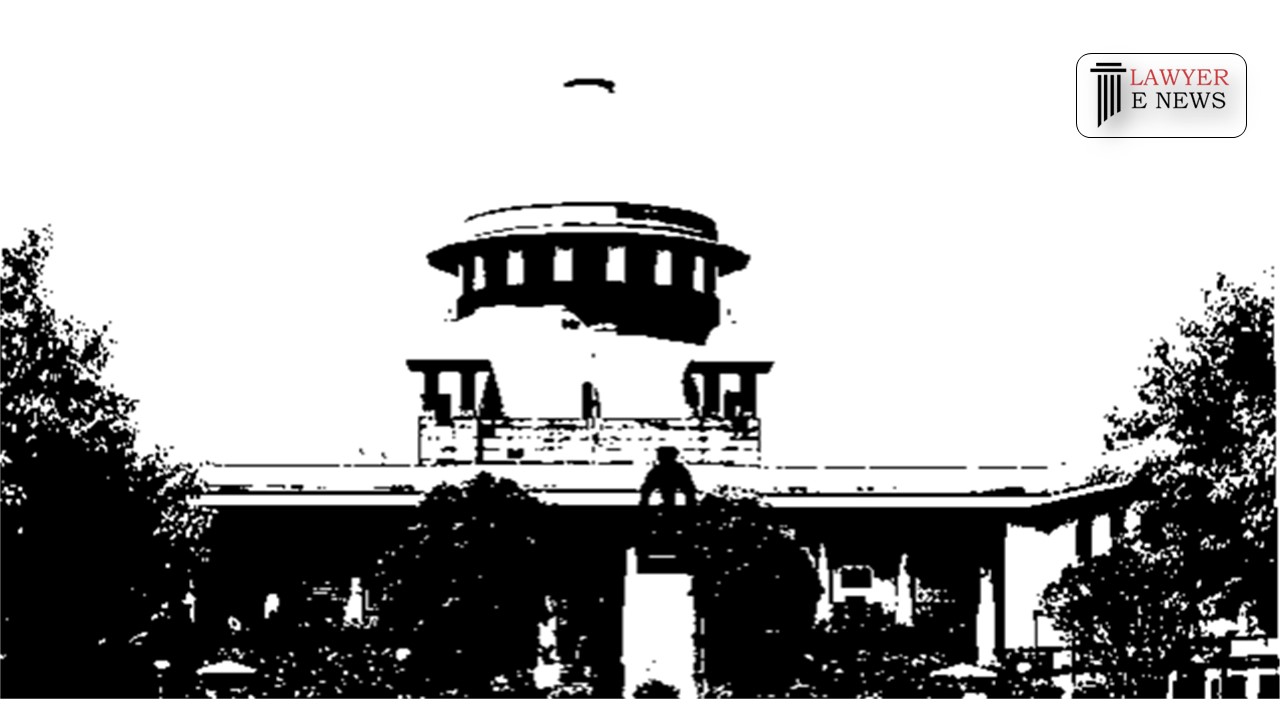-
by Admin
15 February 2026 5:01 PM



In a significant ruling, the Supreme Court of India upheld the conviction of Anees, sentencing him to life imprisonment for the murder of his wife, Saira. The apex court’s judgment, delivered on May 3, 2024, delves deep into the nuances of circumstantial evidence, the application of Section 106 of the Indian Evidence Act, and the handling of hostile witnesses.
The case involved the tragic death of Saira, who was found with multiple stab wounds in 1995. Anees was convicted under Section 302 of the IPC. The focus of the appeal was on the reliability of their minor daughter’s testimony, the discovery of the murder weapon, and the applicability of Section 106 of the Evidence Act, which shifts the burden of proof to the accused to explain facts particularly within their knowledge.
The Supreme Court criticized the manner in which the prosecution managed the testimony of Anees’s daughter, who turned hostile during the trial. The judgment highlighted the critical need for rigorous cross-examination of key witnesses to reveal the truth.
The court addressed the discovery of the murder weapon, noting that while certain witnesses related to this discovery turned hostile, the fact that Anees led police to the weapon was significant under Sections 27 and 8 of the Evidence Act, affirming that his conduct was a considerable corroborative factor, albeit insufficient on its own for conviction.
The judgment extensively discussed Section 106 of the Evidence Act, affirming its application given that the circumstances of the murder were uniquely within Anees’s knowledge. This legal point underscored the expectation that the accused must provide an explanation when the prosecution has established a prima facie case.
The court rejected the defense’s argument pertaining to Exception 4 of Section 300 IPC, which relates to acts done without premeditation in a sudden fight. It noted that the use of a deadly weapon and the fatal injuries inflicted were disproportionate, disqualifying the applicability of this exception.
The Supreme Court’s dismissal of the appeal reiterates the conviction and life sentence. However, recognizing the long duration Anees has been in custody and his advanced age, the court permitted him to seek state government remission of the sentence, considering these mitigating factors.
This ruling is crucial for legal practitioners, especially those dealing with criminal law and cases involving domestic violence and murder. It illustrates the complexities in handling evidence and witness testimonies, especially in cases involving familial relations.
Date of Decision : May 3, 2024.
“Anees Versus The State Govt. of NCT,”
